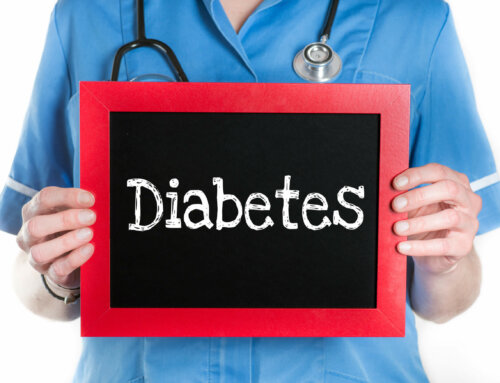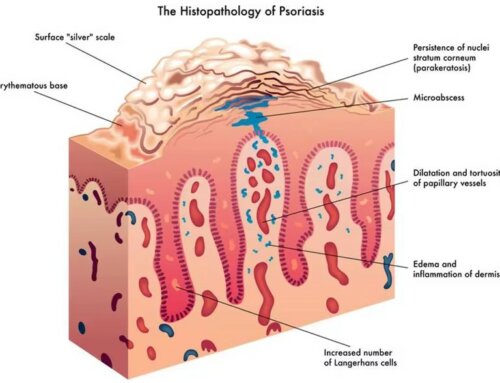Sometimes, the numbers are easy to gloss over. But, when it comes to heart disease, and how many people it affects, you have to pay attention.
Statistics show that up to 84% of people age 65 or older pass away from heart disease. It remains the number one reason for men and women worldwide, not just in the United States. 43 million women are affected by heart disease in the US yearly. The number one and two component of that is stroke and heart attack. Medical progress has helped men with cardiovascular disease decrease their mortality since the 1980’s, but women’s heart disease statistics remain on the rise.
Let’s continue to look at some interesting facts relating to heart disease during February Heart Month:
- Women may present differently when experiencing a heart attack. Generally, men present with acute chest tightness, pain and left arm discomfort when experiencing a myocardial infarction (heart attack). Men seem to have major large vessel blockages. Women tend to have smaller vessel disease (or micro vascular disease) along with coronary spasms which present with different symptoms. It is difficult to identify coronary spasm and small vessel disease during a cardiac catheterization, a common invasive test looking at the heart’s anatomy. Women tend to have symptoms that may include: weakness, fatigue, being light headed or anxious. Other symptoms may be dizziness, being clammy or sweaty, being nauseated or experiencing dull chest discomfort. Women may have right arm pain, neck, back or stomach pain – especially during the night time.
- There are certain theories as to why men and women experience different symptoms. Some say it is a difference in pain perception, a difference in mental state or because of female hormones.
- Women are often protected from heart disease prior to menopause because of estrogen and progesterone. After menopause, women’s total cholesterol, LDLs, triglycerides and blood pressure tend to elevate, which is a precursor to heart disease. Weight and waist circumference usually increase after menopause along with increased fat around the belly. Belly fat tends to increase the risk of blood clots and diabetes, which also play a part in heart disease. When a pre-menopausal woman has diabetes, it cancels out her heart protection from female hormones and her chances of heart disease rise. Poor sleeping habits or lack of sleep (as in sleep apnea) will have an affect on heart disease. Seek information and care from your physician if you suspect sleep apnea. Gum or periodontal problems can have an impact on heart disease. Gum disease indicates chronic inflammation, which can also be present in the arteries of the heart. There is a link between the bacteria present in gums and heart disease. Going for professional cleanings, flossing, chewing sugar free gum with xylitol between meals, brushing and using complete toothpaste can help decrease gum disease and the possible heart disease connection.
- Women tend to live longer than men, which can also lead to higher rates of heart disease. In some cases, women have stiffer heart muscles, which can lead to high blood pressure, pulmonary hypertension and risk of heart attack. Women are more sensitive to stress and both stress and depression can trigger heart disease. 90% of stress cardiomyopathy is seen in women. This is related to higher adrenalin levels, a fast or irregular heart beat and possible heart failure. Women have higher rates of heart attack based on their stress levels. Elderly women or women with diabetes often have no symptoms and can suffer from a silent heart attack.
What can you do? If you already know you may be at risk for a heart attack, talk to your physician about chewing a regular 325mg non-coated aspirin at the first symptom. Chewing the aspirin allows it to get into the blood stream in 45 minutes and prevent the platelets from clotting by inactivating COX, an enzyme. You need to have MD permission since some people are more at risk from bleeding or are allergic to aspirin. Calling 9-1-1 should be your next step, since time can be critical during a heart attack. There are many advanced treatments for acute heart attacks which will be available to you if you get to a hospital quickly.
In the long term, common sense practice will lower your heart attack and disease risk. You should stop smoking, drink alcohol in moderation, exercise daily if possible, eat a heart healthy diet as discussed in previous newsletters, reduce stress and watch your weight.
Consult with your doctor and decide what tests you need to evaluate your risk of possible heart disease. There is the physical exam, blood work, electrocardiogram, echocardiogram, cardiac stress test, cardiac catheterization or cardiac CT scan. Depending on your symptoms and history, your MD will decide what is right for you.
During Heart Month, be aware of how heart disease may affect you if you have diabetes. There are so many ways to reduce your chances of a heart attack so learn them now!
NOTE: Consult your Doctor first to make sure my recommendations fit your special health needs.







Leave A Comment